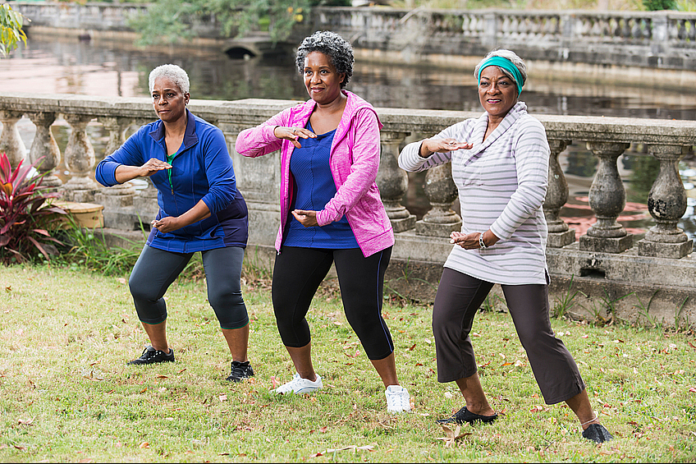You may need to repair, or replace, friendships as you age. But do keep in mind that friendships can, however, become thicker than water especially, if you have little or no family. Research has found that the importance of friendship increases with age and the key is to keep friendships in good order. Friendships have a huge impact on your overall mental health and happiness. Solid friendships relieve stress, provide comfort and joy, and prevent loneliness and isolation.
So are you a good friend?
Healthy, loving friendships can provide lots of great benefits, so again, are you a good friend?
A good friend:
Never judges
Makes themselves available when needed
Does not belittle or is purposely hurtful when it comes to feelings
Is kind and respectful
Is loyal, honest and trustworthy
Can make you laugh
Keeps it real
Is not jealous
Genuinely cares about what goes on in your life
Makes you feel good in their presence
Is a good listener
Is a giver and not a taker
Comforts you when you need it
As we get older and enter into different phases of life at different times, it ain’t easy keeping friendships together. Good friends, however, don’t guilt their besties for “abandoning” them for a boyfriend, husband, kids, grands or a new city. Instead, they know that the friendship will stay strong no matter what and that they can and will always circle back to it when the timing is right.
Some of us take friendship for granted—friends are supposed to be “easy,” while we work at family relations. But over the years, friendships can run into trouble as well. You can decide to work through those trouble spots and perhaps grow closer, or decide to remove yourself from a friendship that will drag down your health.
It has been said that there are two kinds of people: those who brighten the room when they enter, and those who brighten the room when they leave. Let’s make sure we’re brightening our friendships with our presence!











